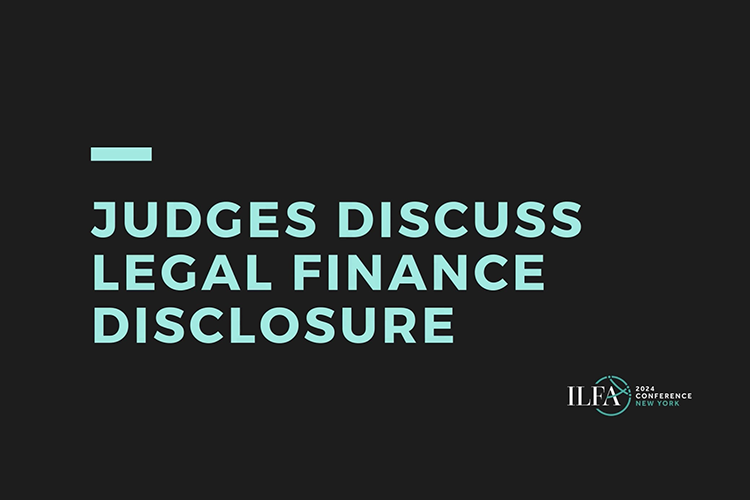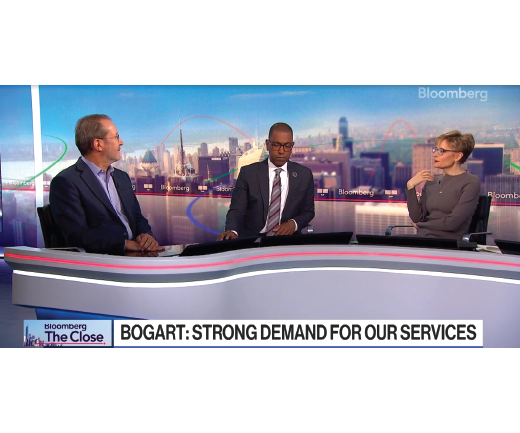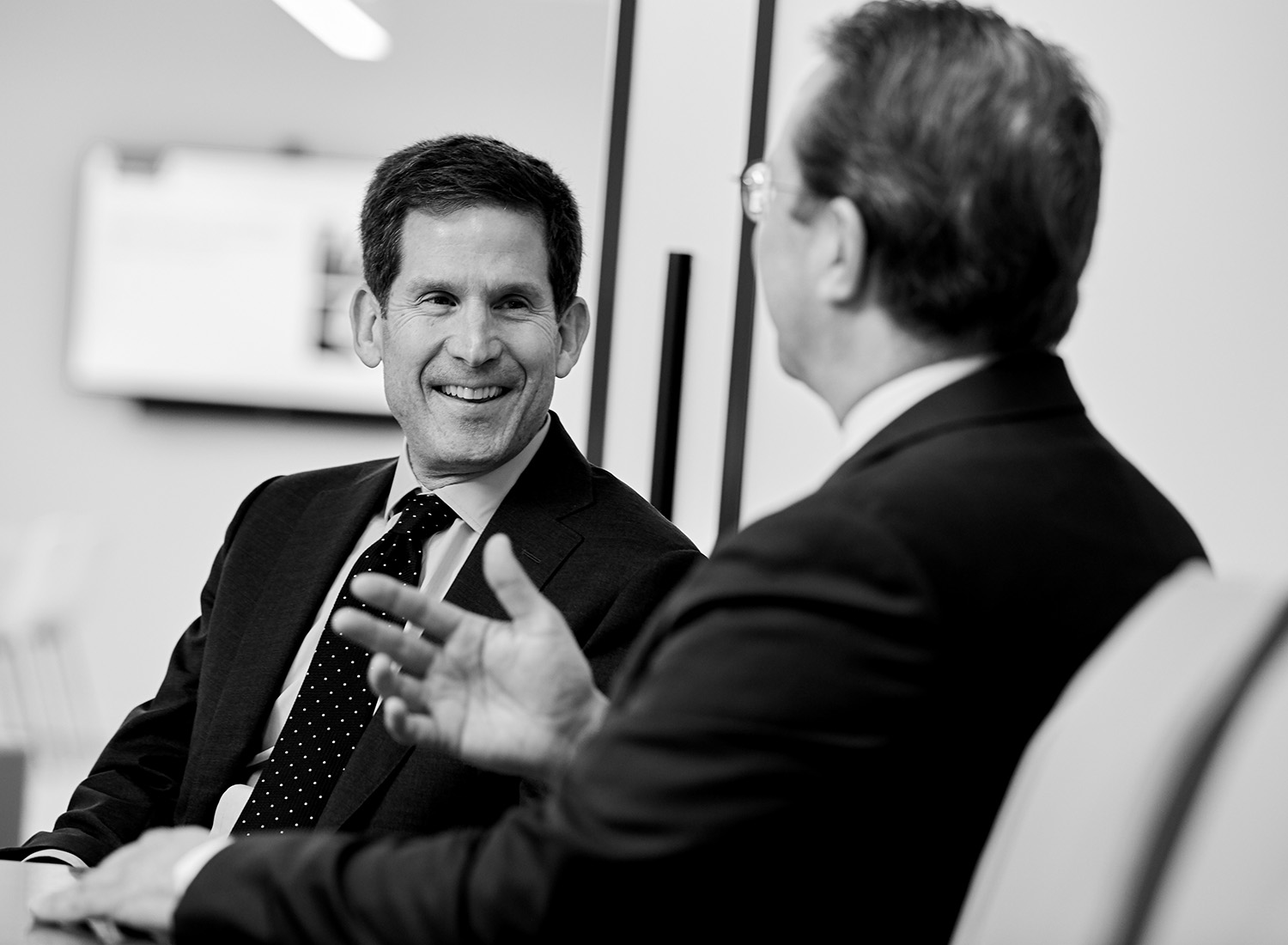The Honorable Robert M. Dow, Jr., Counselor to the Chief Justice, Supreme Court of the United States, judge of the United States District Court for the Northern District of Illinois: In general, as a judge, I would not be inclined to disclose this. I learned all I know from Jeff Cole, who's written probably the most influential opinion in this area, it's Miller v. Caterpillar. The concern I had when we were looking at this Rules Committee was public disclosure of too much really gets into litigation strategy. It's really not fair to give one side a peek into the other side's litigation strategy unless it's mutual. And I don't think anybody wants to litigate that way.
The Honorable Ursula Ungaro, Partner, Boies Schiller Flexner, former judge of the United States District Court for the Southern District of Florida: What animated our decision to have an in camera review was that we did not believe that how the relator was paying for the litigation was a matter of public interest. I mean, it's not, we don't normally inquire in civil cases as to how people are funding their litigation. You know, I think in camera review is a reasonable approach to this problem.
Judge Dow: As long as the funder doesn't have control. I don't think it's going to be a major issue for judges. And I think judges, at least most of the judges I know who I've discussed this with, are inclined to at least the first instance, first instance, look at your stuff in camera.
Judge Ungaro: You know, there are all kinds of things that go on in the world that have subtle influences on lawyers, on clients, on judges, and the resolution of cases. And to think that disclosure is going to solve that problem is nonsense.
Judge Dow: A few standing orders now that also will require you to talk about any AI you use, but it's still a very, very small percentage of judges. I think that's also true for litigation funding. But those are two things that to me, are birds of a feather, because they’re there. You can be for it or you can be against it what you think, but in general, it's there and we have to accept that it's there. And I see them both as in the same way. There's no way we're going to stop litigation funding. There's no way we're going to stop AI. We just have to make sure that however it's used in beneficial ways.
Judge Ungaro: The most important thing to get across to the judiciary and the public as a whole is the social utility of litigation funding with the expense that's involved in litigating complex cases to their conclusion. I think it's very important that everyone appreciate that this is a way of evening the playing field and giving people the opportunity to pursue justice in the courts.





